I have been approached by a magazine and asked for my views on the following:
How should SENCOs involve parents in the decision making process and plan for their child?
What can SENCOs do to improve co-production and communication in general?
What types of questions do you think parents will be asking of SENCOs over the next year?
What top tips would you give SENCOs to improve their relationship with parents?
What would your top tips be? If you could stand in front of a room of SENCOs, what would you tell them?
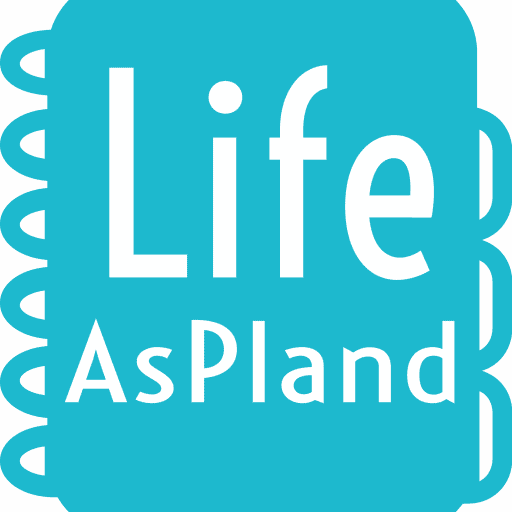
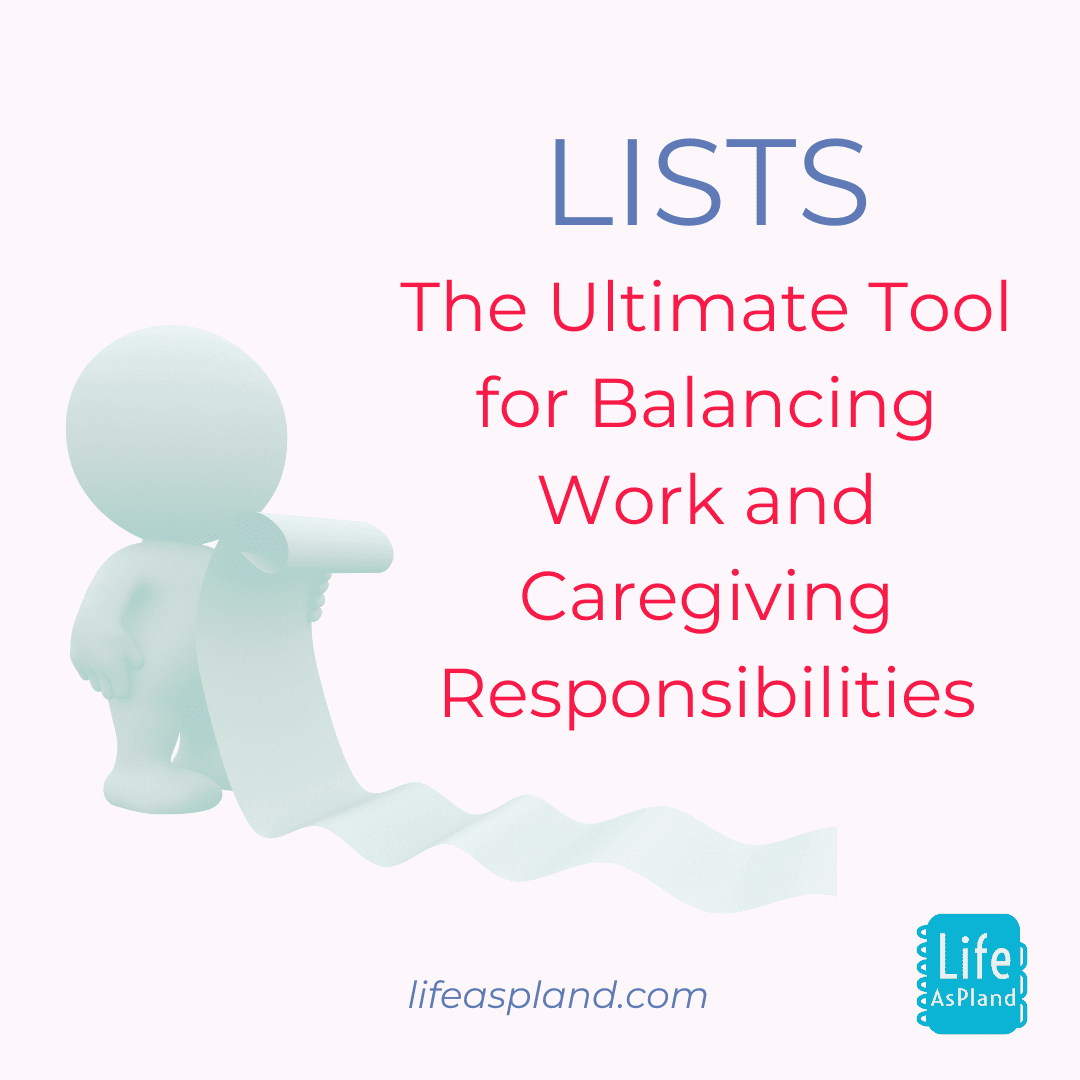
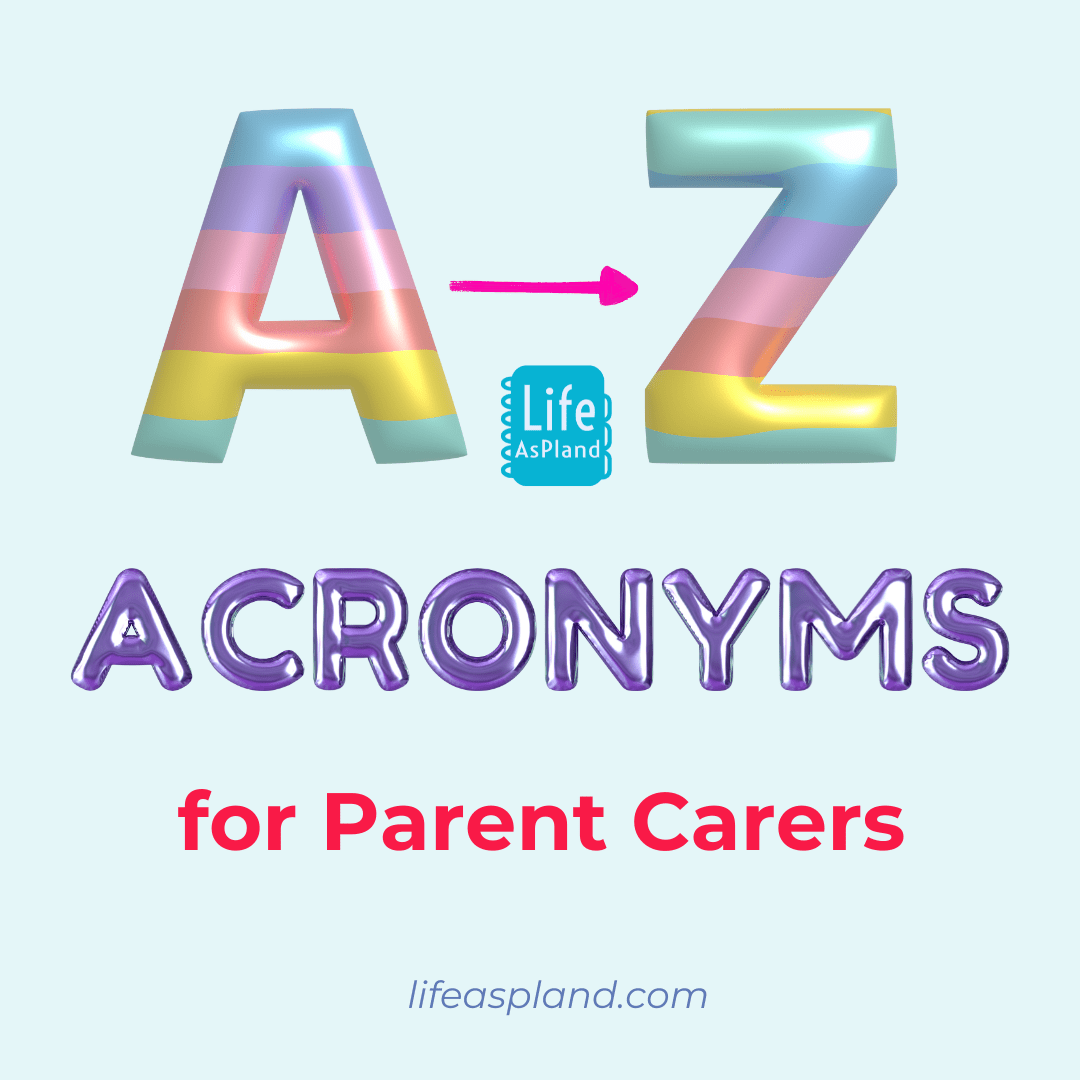
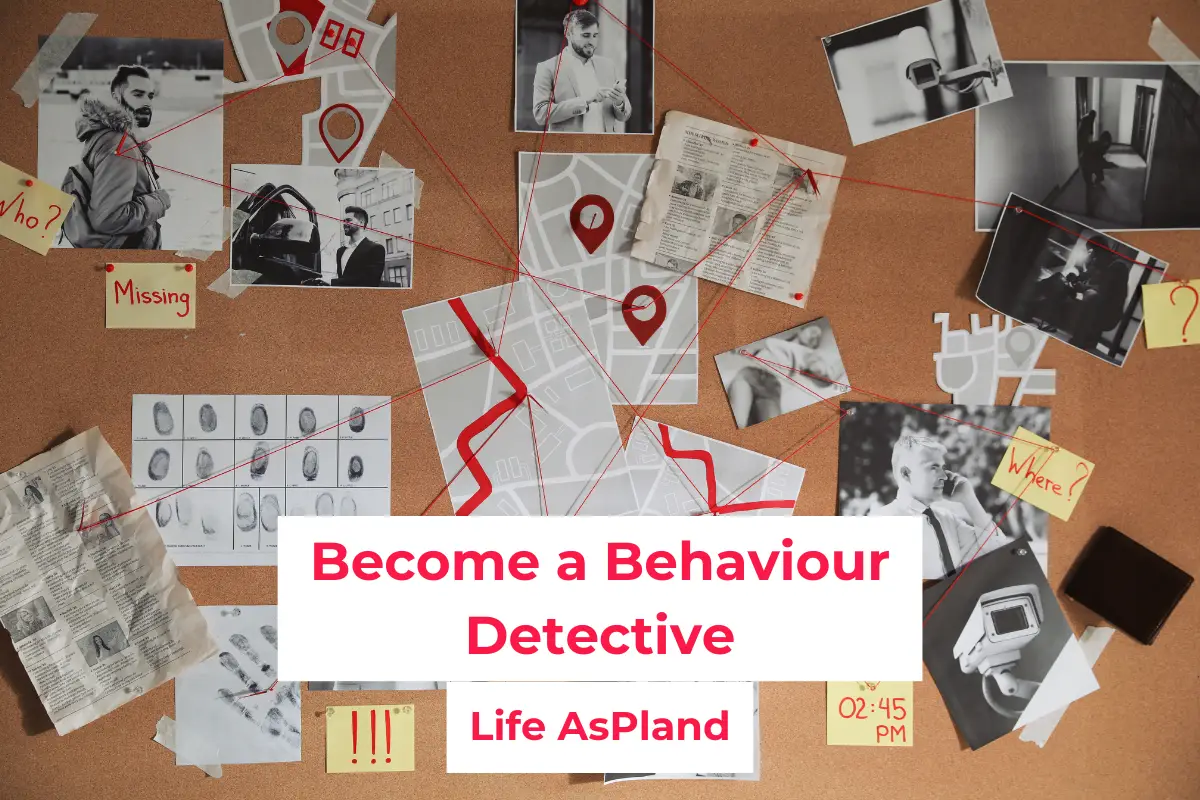
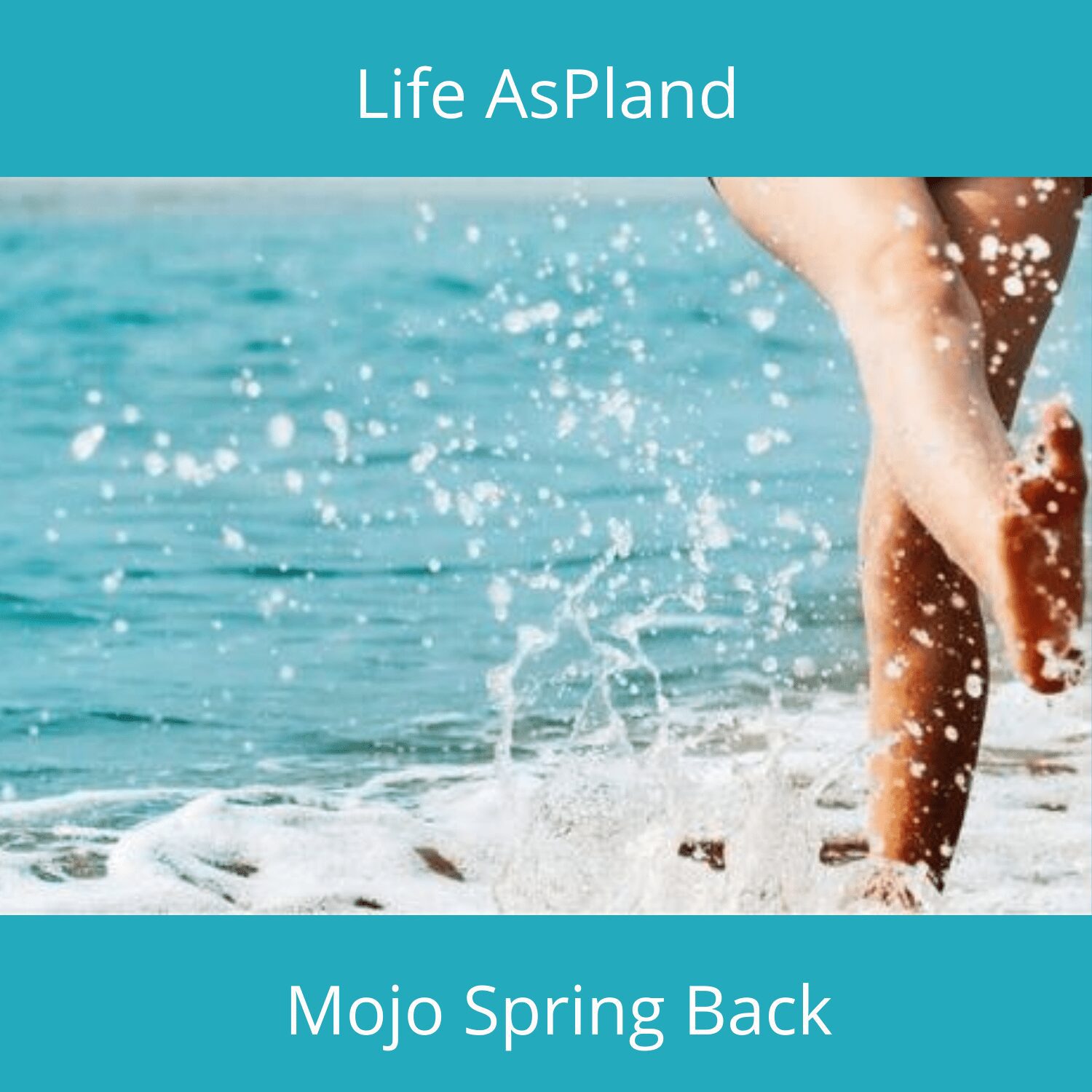

6 Comments
Communication has got to be the key requirement to build up a trusting relationship with parent/Carers, who should be listened to acknowledged as an equal ‘expert’. A SENCO who is passionate and goes that extra mile in finding out about a child’s difficulties or diagnosis really helped us as a family….
I do think the development of the Local Offer will help too – with other services apart from the statutory ones been made more available and accessed more easily?
I’ve heard some interesting reviews on the TAMHS project too but concerned that this will put more pressure on the SENCO role, but guess individual schools will respond differently…..
Many thanks for the opportunity to respond.
Thanks Jayne, really useful xx
Don’t be afraid to say, “I don’t know, but I will find out” – and then go away and find out and report back to the parent!
I am chair of the PAX Parent Forum in Poole, Dorset. We have been working with our SENCos in Poole to draft a “SENCo Helpsheet for Parents and Carers”. This consists of 10 “essentials” that parents expect from SENCos + some things that parents can do too in order to improve working together.
We`d be happy to share this, provided we know more about the organisation we are sharing with and how the information would be used.
Do email to let me know: [email protected]
Delivered training to a room full of Sencos last week introducing them to the model of INCLUSION groups as pioneered by PI and a s a model of excellent collaborative working. Listening, understanding Parents’ perspective key as ever and doing all that is possible to hear the child ( or observe). Always surprising how amazed professionals are to hear parents’ perspective. Always surprising how much fear on both sides.
Inclusion groups bring parents and achools together and work to reduce fear, misunderstandings, wrong doings and also that teririble isolation.
Cornelia, an earlier post I did may be of interest http://chaosinkent.com/sen/the-system/today-the-parent-perspective/